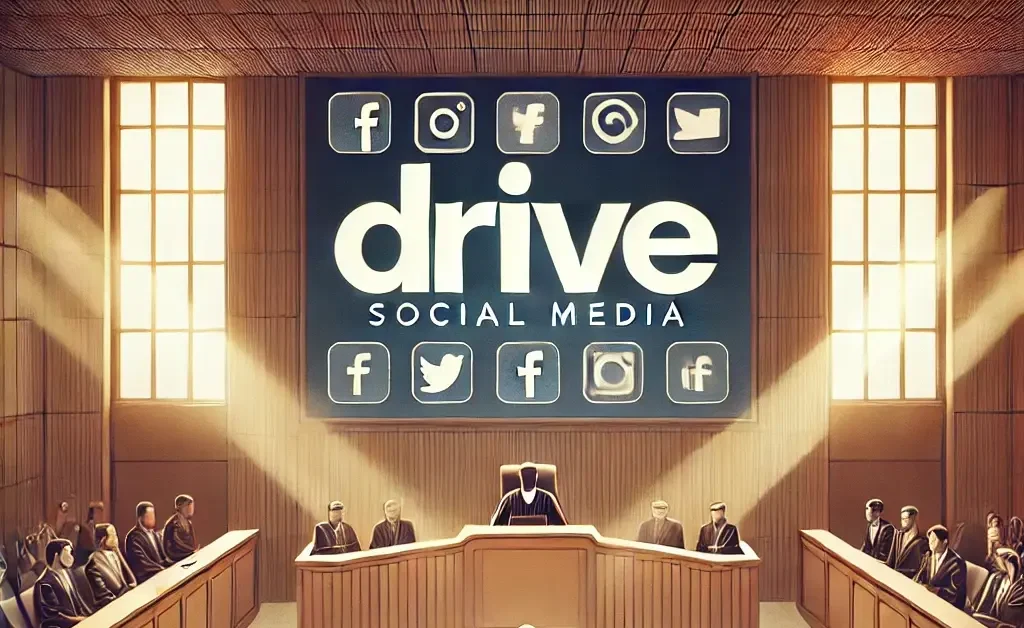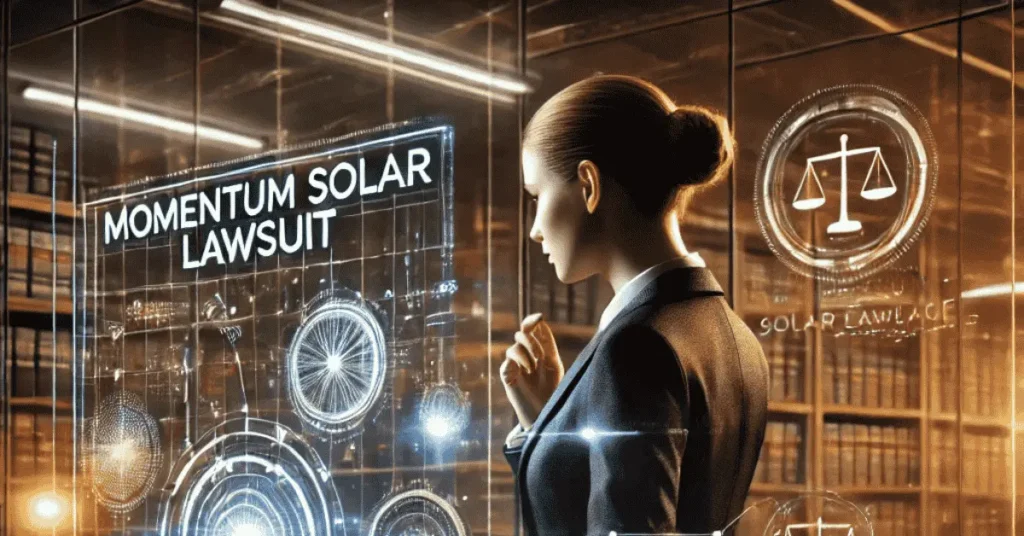Introduction
With the era of the internet, social media has become a vital means of communication, trade, and leisure. On the other hand, its ubiquity is also accompanied by the risk of legal controversy. From defamation, harassment, to intellectual property abuse, knowing how to pilot a social media lawsuit is paramount for safeguarding your interests. This article will walk you through the process of filing a social media lawsuit, point out the typical legal issues, and give you vital tips to improve your chances of winning.
What Is a Social Media Lawsuit?
A social media lawsuit is legal action sought due to social media activity that violates the rights of a person or a company. These lawsuits can cover several problems including defamation, invasion of privacy, harassment, intellectual property theft, and breach of contract. As social media use increases in business and personal affairs, being knowledgeable about a social media lawsuit is essential to preserve your legal rights. Likewise, the Blind Frog Ranch Lawsuit underscores the value of knowing the legal implications behind business disputes involving land ownership as well as allegations of fraud
Common Causes for Social Media Lawsuits
There are some reasons that might lead one person or organization to file a social media lawsuit. Some of the most frequent causes are described below:
Defamation
Defamation is defined when false and unsubstantiated remarks are said regarding a person or organization which spoil their image. Social networking websites are the prime sources used in spreading defamation statements, giving rise to the chances of suits being filed.
Harassment and Cyberbullying
Social media offers anonymity, which sometimes results in harassment or cyberbullying. Victims of cyberbullying can seek legal action to defend themselves and bring perpetrators to justice.
Invasion of Privacy
Publishing private or sensitive information about an individual without their permission can lead to an invasion of privacy claim. This can involve publishing personal information, pictures, or videos without permission.
Intellectual Property Infringement
Sharing of copyrighted work or trademarks without permission on social media may lead to legal action for intellectual property infringement.
Steps to Drive a Social Media Lawsuit
If you think your rights are being infringed on social media, here are the steps to drive a social media lawsuit:
- Document the Evidence
The first step in any lawsuit is to gather evidence. In the case of social media, take screenshots, save posts, messages, or any other relevant content that proves your case. Ensure that the content is time-stamped, as this can be vital in legal proceedings. - Review the Terms of Service
Every social media site has community guidelines and terms of service. Check the terms before pursuing legal action to determine if the violation is against the site’s policy. This could work in your favor, and in some cases, you might be able to get the issue resolved directly with the site prior to taking legal action. - Consult an Attorney
Social media litigation may be complex, so you need professional legal assistance. Seek the services of a lawyer who is an expert in online harassment, defamation, or intellectual property law. A lawyer will evaluate the validity of your claim and walk you through the legal process. - Send a Cease and Desist Letter
Prior to filing suit, most businesses and individuals prefer to send a cease and desist letter. This official notification requires the defendant to cease illegal activity and refrain from further hurting your reputation or rights. Sometimes this will cure the problem without the necessity of a lawsuit. - File the Lawsuit
If informal resolution does not work, the next thing to do is to sue in a court of law. Your lawyer will assist you in presenting the necessary paperwork to the court, commencing the legal proceedings, and advocating on your behalf during the case.
Legal Challenges in Social Media Lawsuits
Social media lawsuits tend to be complicated by various legal challenges. One of the main challenges is jurisdiction. Given that users are spread across the globe, establishing which court is competent to preside over the case can prove challenging. The other challenge is the anonymity of social media users, which makes it challenging to identify defendants or establish claims.
- Tips for Success in Social Media Lawsuits: Be Prepared for a Long Process
Legal suits that deal with social media take time to settle. Be prepared for a lengthy legal process and remain in close communication with your lawyer during the process. - Know Your Rights: Get to know your legal rights concerning online actions. A better understanding of defamation, privacy, and intellectual property laws will enable you to construct a more powerful case.
- Stay Professional: Throughout the lawsuit, avoid posting about the case on social media. Sharing information about the legal process may damage your case and discredit you.
FAQs
Can I sue someone for defamation on social media?
Yes, if someone posts false information that damages your reputation, you can sue for defamation. You’ll need to prove that the statement was false, harmful, and made with malicious intent.
How do I prove harassment on social media?
Harassment can be proven by documenting the offending posts, messages, or comments. Collecting evidence of repeated unwanted behavior is crucial for making your case.
What should I do if my privacy was violated on social media?
If your privacy was violated, take screenshots or record evidence of the invasion. You can contact the platform to have the content removed or consult an attorney to pursue legal action.
Can social media platforms be held responsible for posts made by users?
In some cases, social media platforms may be held accountable for hosting defamatory or illegal content, but generally, they are protected by Section 230 of the Communications Decency Act, which shields platforms from liability for user-generated content.
Conclusion
It may be a difficult journey to navigate through a social media lawsuit, but knowing the legal system and doing the right thing will assist you in defending your rights. By making records of evidence, meeting with a lawyer, and seeking the right remedy through legal means, you can rise above the rest in your case. Social media can be a strong asset, but it also necessitates smart use to steer clear of the law.








2 thoughts on “How to Drive a Social Media Lawsuit: Step-by-Step Guide”